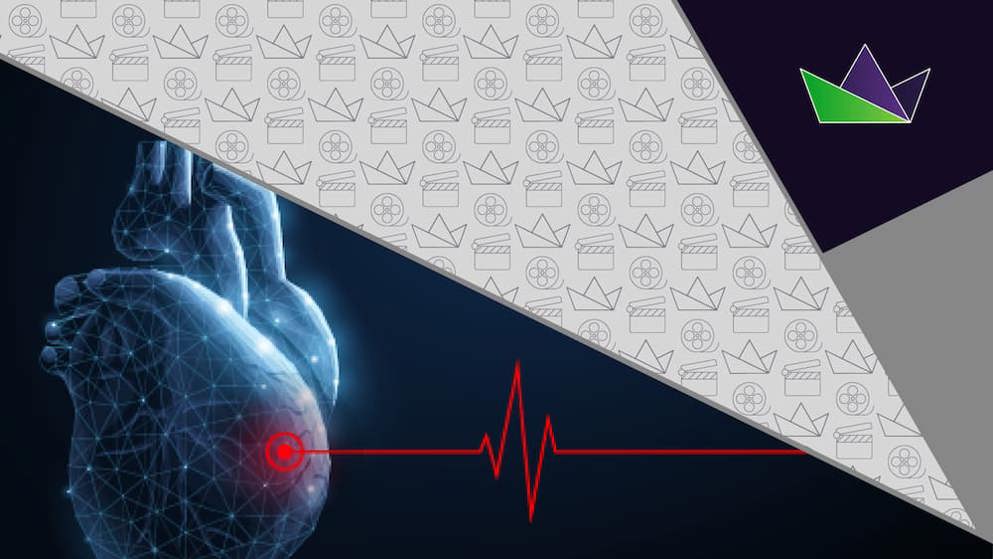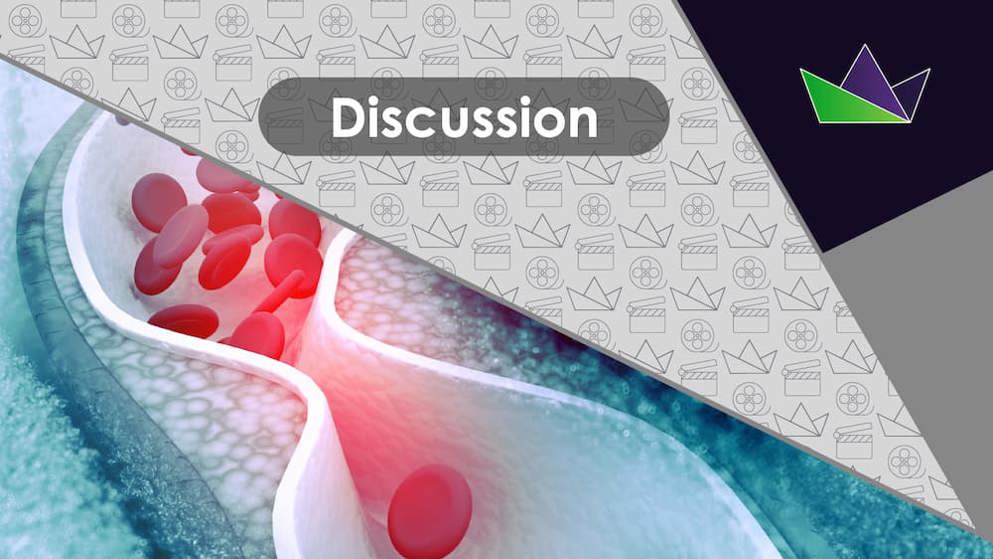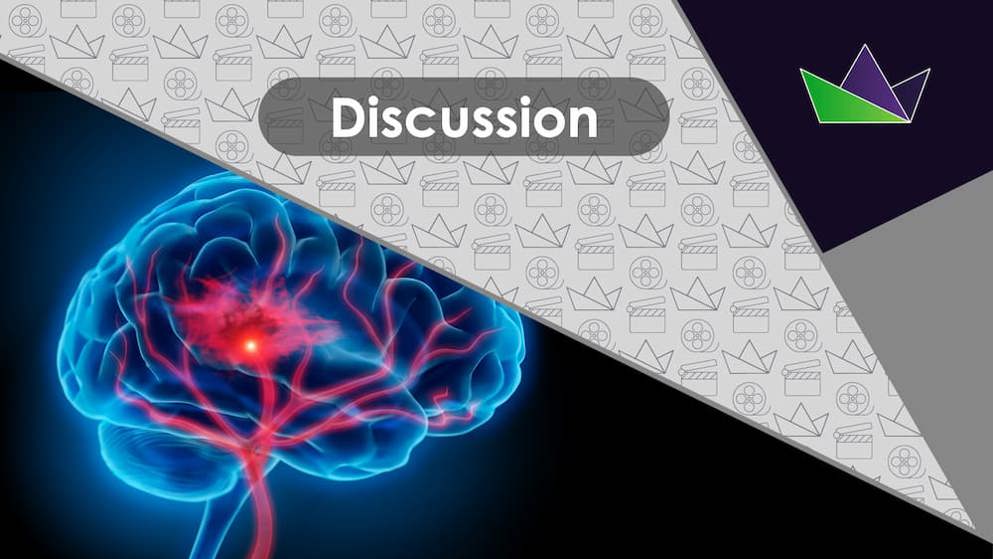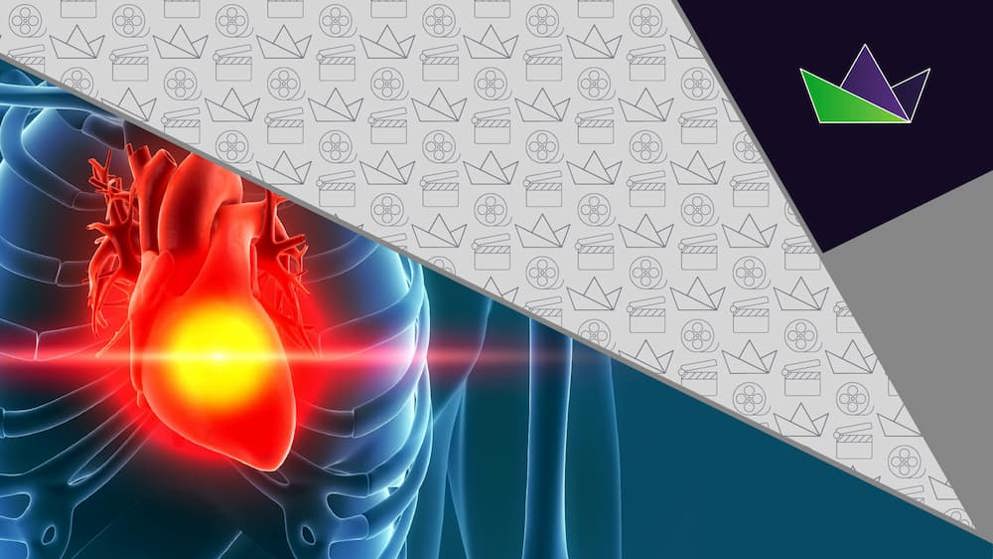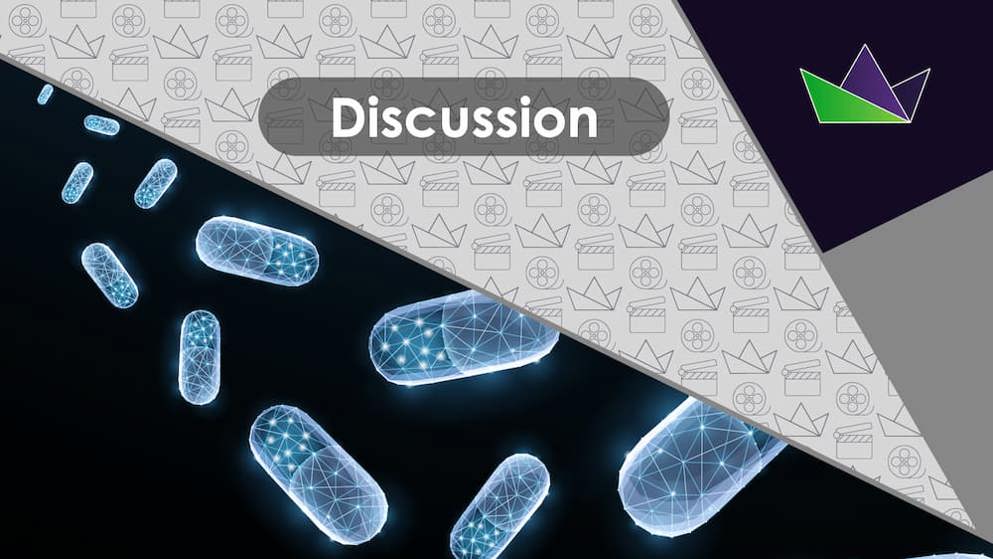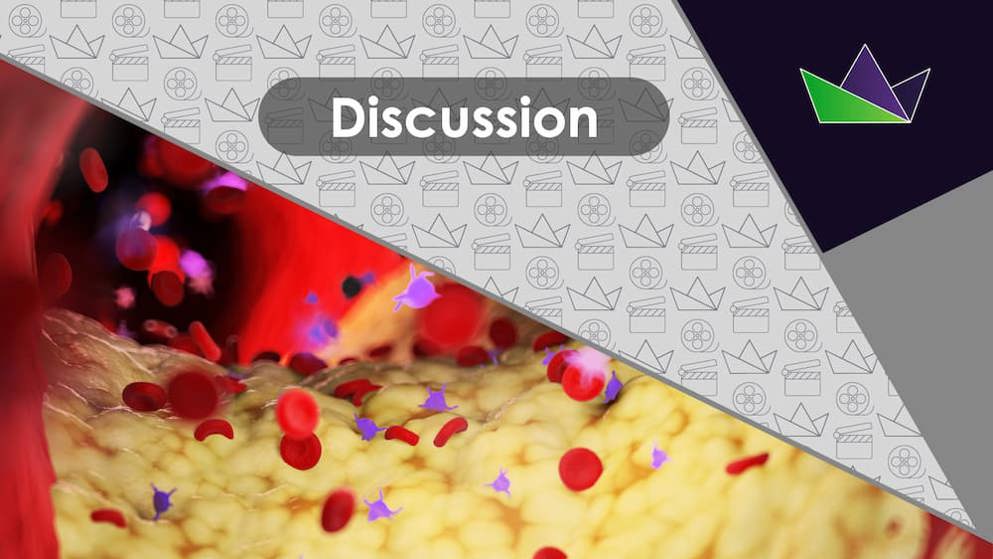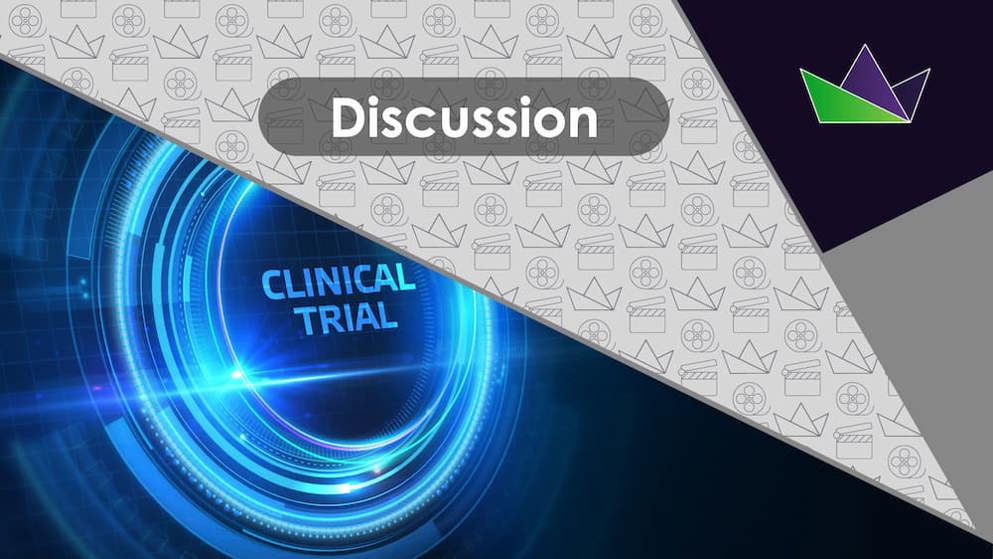
Expert Opinion
Learn from experts in the field of cardiology, as they discuss management and treatment strategies for patients on antiplatelet therapy.
- Listen to our podcast series for strategies to navigate treatment guidelines for dual antiplatelet therapy de-escalation
- Delve into the evidence from clinical trials including ISAR-REACT 5, PLATO and TRITON-TIMI 38. to further inform your treatment considerations
- Watch an informative roundtable discussion to deepen your knowledge of the key issues involved with antiplatelet therapy selection in non-ST-segment elevation acute coronary syndrome
Patient focus podcasts
Join experts Professor Robert Storey and Dr Marc P Bonaca as they discuss management strategies for patients on antiplatelet therapy. Listen to the podcast series to learn:
- How to navigate the evidence and guidelines when de-escalation of dual antiplatelet therapy is indicated
- When pretreatment with a P2Y12 inhibitor before angiography is recommended
- Best practice treatment and management of patients with comorbid diabetes
Podcast 1: Patient focus on NSTE-ACS
In this short and informative podcast episode, Professor Robert Storey and Dr Marc Bonaca discuss options for managing a female patient aged 75 years with a 15-year history of type 2 diabetes, who has been admitted to hospital with chest pain associated with an increase in high-sensitive troponin T. Discover:
- How type 2 diabetes impacts ischaemic risk and treatment choice in acute coronary syndrome
- Strategies for de-escalation of dual antiplatelet therapy
- The factors that increase risk of bleeding
Watch the full video presentation here
Podcast 2: Patient focus on STEMI
In this podcast, Professor Robert Storey and Dr Marc Bonaca discuss options for treating and managing a male patient aged 68 years with inferior ST-segment elevation myocardial infarction (STEMI) who is at high risk of bleeding and ischaemia. In this episode, they discuss evidence from clinical trials including ISAR-REACT5, PLATO and TRITON, and how that evidence informs their treatment considerations for this patient.
Watch the full video presentation here
Podcast 3: Challenges in antiplatelet therapy selection
Join Professor Robert Storey and Dr Marc Bonaca as they discuss the challenges involved in selecting optimal antiplatelet therapy for patients. In this episode they provide practical guidance for healthcare professionals when navigating the evidence and recommendations for antiplatelet therapy.
Roundtable Discussion
Follow along with four cardiology experts as they discuss some of the key issues involved with antiplatelet therapy selection in NSTE-ACS, including:
- Recent and ongoing clinical trials
- Updates to national and international guidelines for patient management
- Finding the right balance between cardiovascular and bleeding risk
Access each section of the roundtable discussion below where our expert faculty discuss the nuances in clinical guidelines when considering the optimal management and treatment of non-ST-segment elevation acute coronary syndrome (NSTE-ACS), particularly when selecting antiplatelet treatments.
Gain practical insight from expert perspectives and discussion
Purpose
This roundtable discussion highlights the most important new recommendations from the 2020 ESC guidelines for the management of patients with acute coronary syndrome without persistent ST-segment elevation. Importantly, since its publication, leading cardiology experts have voiced concerns on the evidence for the recommendation favouring prasugrel over ticagrelor in patients with NSTE-ACS who proceed to percutaneous coronary intervention (PCI). Here, our expert faculty discuss the most important recommendations, the rationale for concerns, and suggestions on how the field can move forward.
Faculty
Professor Kurt Huber, MD, FESC, FACC, FAHA
Vice-Dean Research and Chair of Acute and Interventional Cardiology at Sigmund Freud University, Vienna, Austria. Professor Huber is a specialist in internal medicine, general and interventional cardiology, and intensive care medicine. His research focuses on the pathophysiology, diagnosis, and treatment of ACS.
Professor Holger Thiele, MD, FESC
Medical Director of the Department of Internal Medicine/Cardiology at the Heart Center Leipzig, Germany. He is a Professor of Cardiology at the University of Leipzig, one of the largest heart centres in Europe. His main research interests are acute myocardial infarction, acute heart failure, cardiogenic shock, mechanical circulatory support, acute cardiovascular care, interventional cardiology, and structural heart disease.
Professor Jacek Kubica, MD, PhD, FESC
Head of the Department of Cardiology and Internal Medicine, Faculty of Medicine, Nicolaus Copernicus University, in Bydgoszcz, Poland. Jacek Kubica received a degree in Medicine in 1987 and a PhD in Medical Sciences in 1992 from the Medical Faculty at the Medical University of Gdańsk. He is a specialist of interventional cardiology and his areas of expertise include antiplatelet therapy and acute coronary syndromes.
Professor Michael Savage, MD, FACC
Professor of Cardiology and Director of the Angioplasty Centre and Cardiac Catheterization Lab at Jefferson Medical College, Philadelphia, USA. Professor Savage specialises in Cardiology and Interventional Cardiology. He received his medical degree from Sidney Kimmel Medical College and has been in practice for more than 20 years.
Session overview
This content has been developed independently by Medthority who previously received educational funding from AstraZeneca in order to help provide its healthcare professional members with access to the highest quality medical and scientific information, education and associated relevant content.

